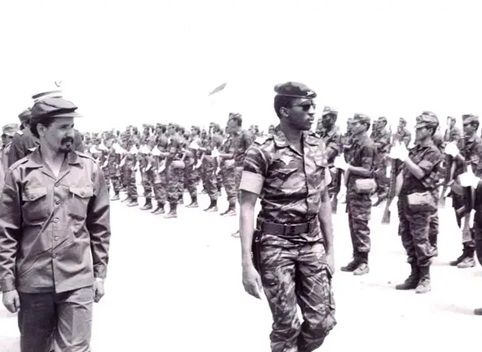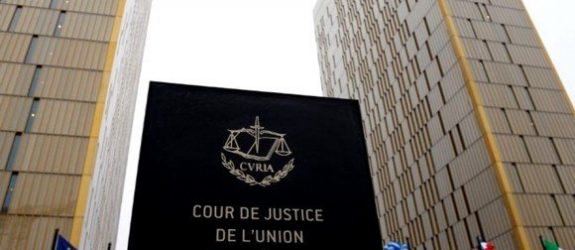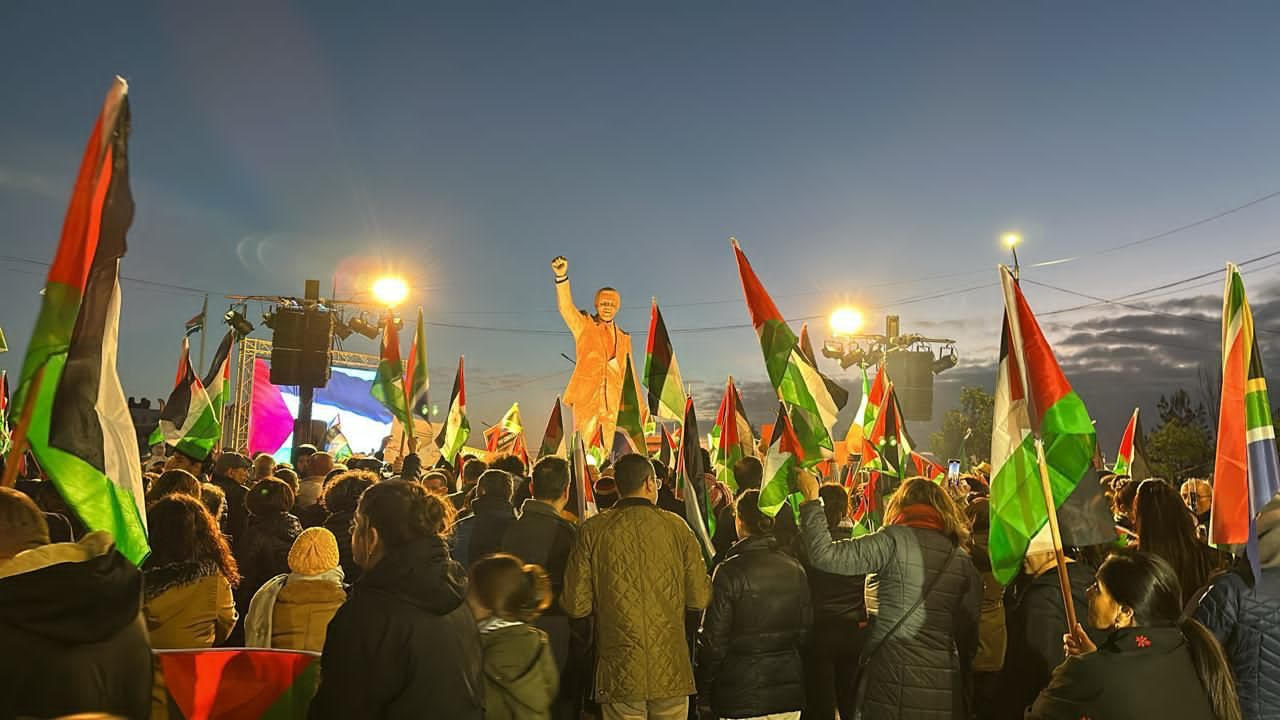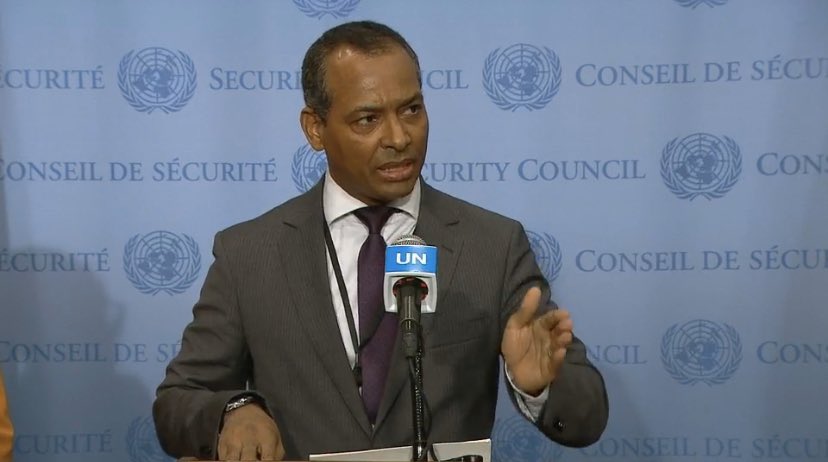
In a time when anti-colonial rhetoric has become a rallying cry across parts of Africa, particularly in the Sahel, the actions of Burkina Faso, Mali, and Niger’s leaders lay bare the hypocrisy behind their posturing. Ibrahim Traoré of Burkina Faso, Assimi Goïta of Mali, and Abdourahamane Tiani of Niger have all championed the expulsion of French troops and declared independence from neocolonial structures. They present themselves as vanguards of a new sovereign Africa, free from European manipulation and imperialism. And yet, in a move that reveals the profound duplicity at play, these same leaders have embraced a deal with the Kingdom of Morocco to access the Atlantic Ocean via the port of Dakhla—a city located not in Morocco, but in the occupied, non-self-governing territory of Western Sahara.
This so-called “Atlantic Initiative” is not a neutral infrastructural project. It is a deceptive tool, a carefully crafted ploy by Morocco to seduce African nations with promises of connectivity while embedding its colonial occupation deeper into the political and economic architecture of the continent. It is a strategic hoax, designed not to liberate but to normalize the occupation of Western Sahara—and it is working. The port of Dakhla is a colonial outpost, constructed on stolen land, in violation of international law, and in direct opposition to decades of United Nations resolutions affirming the right of the Sahrawi people to self-determination. When Traoré and his allies choose to access the sea through Dakhla, they are not just entering a trade agreement—they are underwriting and politically reinforcing the occupation of Western Sahara.
What makes this decision even more shameful is that it was entirely unnecessary. The West African coast offers numerous ports—such as Lomé (Togo), Cotonou (Benin), Abidjan (Côte d’Ivoire), Takoradi and Tema (Ghana), Monrovia (Liberia), Freetown (Sierra Leone), Banjul (Gambia), and Conakry (Guinea)—that could provide strategic Atlantic access without violating international law or endorsing a military occupation. By choosing Dakhla, the Sahel governments have deliberately bypassed legitimate and cooperative regional alternatives in favor of normalizing colonial control.

There is no ambiguity here. Morocco is not a victim of colonialism—it is a perpetrator of it. Since 1975, when Spain illegally abandoned its responsibilities in the territory without holding a referendum, Morocco has maintained its de facto control through military occupation, forced population transfer, repression of Sahrawi civil society, and pillaging of natural resources. The territory remains listed by the UN as a non-self-governing territory. Every investment into infrastructure, every diplomatic recognition, every bilateral deal involving Dakhla or any other place located in the occupied territory, serves only one purpose: to normalize the occupation and delay or eliminate the prospect of Sahrawi self-determination and end of occupation.
By endorsing Morocco’s Atlantic Initiative, which offers landlocked Sahel countries access to the Atlantic Ocean via Dakhla, the AES nations are effectively legitimizing Morocco’s occupation of Western Sahara. This alignment not only undermines the Sahrawi people’s struggle for independence but also exposes the AES’s anti-colonial rhetoric as selective and self-serving. The partnership with Morocco, often seen as a proxy for French interests in Africa, further complicates the AES’s narrative of resisting neocolonialism.
These actions not only violate international law—they also flagrantly breach the Constitutive Act of the African Union, of which Burkina Faso, Mali, and Niger remain member states. The AU recognizes the Sahrawi Arab Democratic Republic (SADR) as a full member, and its founding principles explicitly include respect for borders existing on achievement of independence, and condemnation and rejection of unconstitutional changes of government and colonialism. By supporting Morocco’s presence in Western Sahara, these Sahel states are not only violating the AU’s legal framework—they are undermining the very organization they claim to be part of. Their complicity with a colonial power directly contradicts Article 4 of the AU Constitutive Act, and in effect, makes them co-authors in the erosion of African unity and legal order.
Indeed, France itself has invested heavily in occupied Western Sahara, directly violating international legal principles regarding economic activity in occupied territories. According to international law, including the Geneva Conventions and multiple opinions from the UN and the Court of Justice of the European Union, the exploitation of resources or infrastructure development in an occupied territory is illegal unless it benefits and is consented to by the indigenous population—in this case, the Sahrawis. France, through its corporations and diplomatic backing, has entrenched the Moroccan presence in Western Sahara, turning economic ventures into instruments of colonial entrenchment.
The hypocrisy is palpable: rejecting French influence while embracing a nation that perpetuates colonial occupation. This duplicity not only betrays the Sahrawi people but also erodes the credibility of the AES’s anti-colonial claims. True decolonization requires consistency and solidarity with all oppressed peoples, not selective alliances that serve immediate economic or strategic interests.
Moreover, the Moroccan occupation of Western Sahara is not a mere political dispute—it is an ongoing war crime. Morocco has used banned weapons against Sahrawi civilians, including white phosphorus and napalm, causing the deaths of children and entire families. The Moroccan military has constructed the longest active military wall on Earth—2,720 kilometers—cutting through the desert and separating families, communities, and nomadic livelihoods. This heavily fortified military barrier has also made Western Sahara the most landmine-contaminated territory per capita on the planet, endangering civilians, livestock, and future generations.
The Moroccan regime’s human rights abuses in the occupied territories are relentless: enforced disappearances, torture, arbitrary arrests, and violent suppression of peaceful protest are the norm. Sahrawi journalists and activists face constant surveillance and imprisonment, while Morocco markets itself to the world as a stable, reformist ally. These abuses are not accidental—they are essential tools in maintaining colonial control.
Adding to this web of complicity is Morocco’s deepening alliance with Israel, a state engaged in documented genocidal acts in Gaza. The normalization of ties between Rabat and Tel Aviv has not only included diplomatic and intelligence cooperation but extends into economic ventures in Western Sahara itself. Israeli companies are directly involved in exploring and potentially exploiting offshore oil and gas reserves in occupied Sahrawi waters—yet another layer of plunder in a territory under siege. Thus, Morocco, backed by France and now Israel, profits politically and economically from a colonial occupation—an occupation that Traoré, Goïta, and Tiani have now chosen to support.
The betrayal here is not only of Western Sahara—it is of the legacy of African revolutionaries who rejected all forms of colonialism, whether European or African. Morocco has long served as a forward base of colonial interests in the continent. Leaders like Frantz Fanon, a son of the Caribbean and hero of the Algerian liberation struggle, warned of post-colonial elites mimicking colonial oppressors. Thomas Sankara, who stood with the Sahrawi people in 1984 and declared their liberation part of Africa’s own, would not have accepted such betrayal.
The decision to enter into this deal is not a geopolitical necessity—it is a political abdication. It finances war crimes, rewards colonialism, and aligns the Sahel’s self-declared revolutionaries with imperial powers and their regional clients. It is a move that compromises the moral foundation of their struggle and reveals the hollow core of their anti-imperial declarations.
The contradiction is staggering: Traoré speaks of decolonizing African minds and rejecting Western manipulation, yet partners with a regime that maintains one of Africa’s last colonial occupations. Goïta demands sovereignty while walking hand-in-hand with a monarchy that rules another people without their consent. Tiani speaks of a new era for Niger, yet his government backs a project that ensures another African nation remains in bondage.
This is not Pan-Africanism. This is opportunism. It is the abandonment of principle for access to the sea. It is the betrayal of one of Africa’s longest-running liberation struggles for the sake of convenience and geopolitics. If the Sahel’s leaders wish to be taken seriously as anti-colonial revolutionaries, they must begin by refusing to participate in colonialism themselves. Until they do, their flags may change, but the empire remains—funded now, tragically, not only by Paris, but also by fellow Africans.
* Dr. Isabel Lourenço is a Researcher at the Center for African Studies, University of Porto, Portugal. She is specialized in African Studies, Colonialism, International Law and Human Right.









